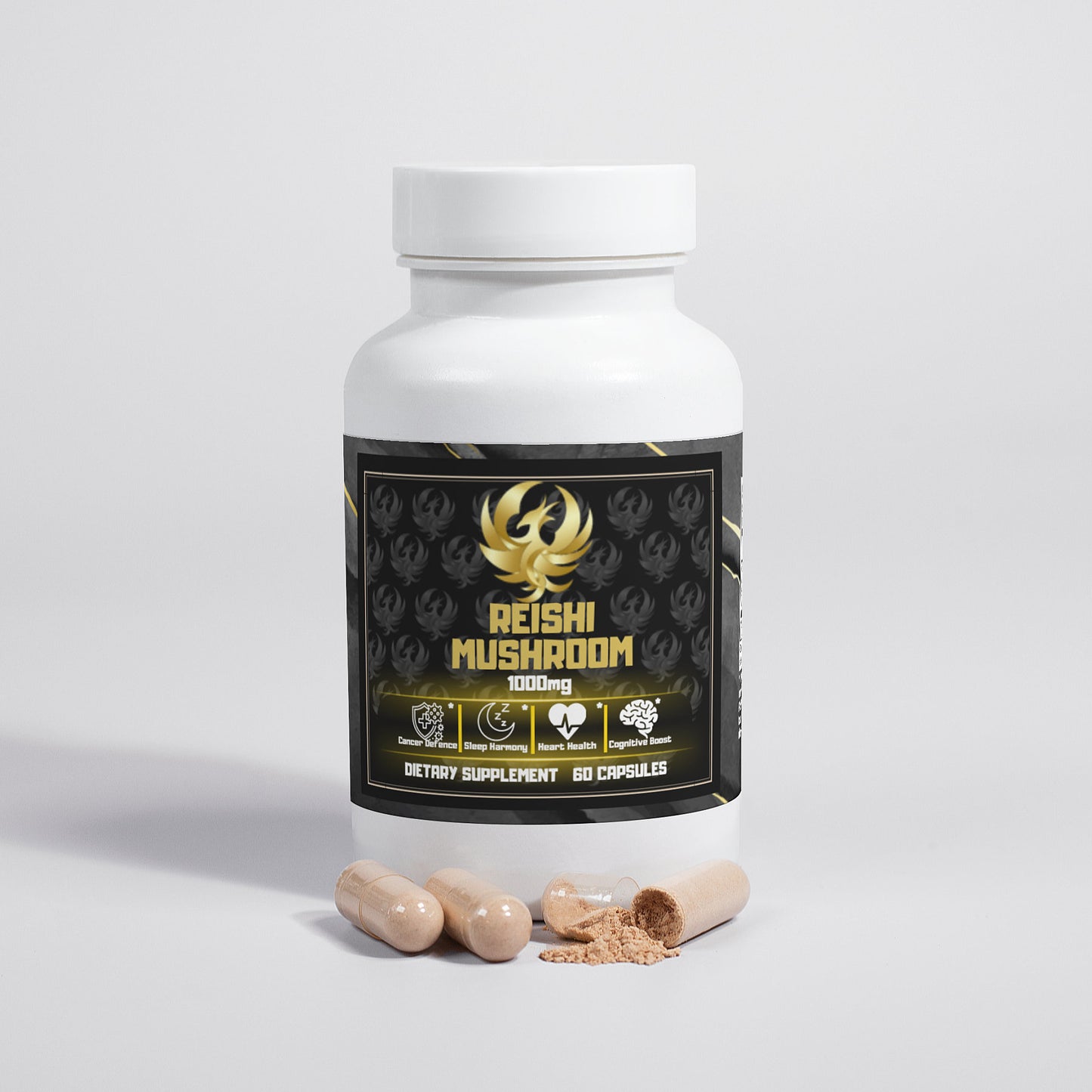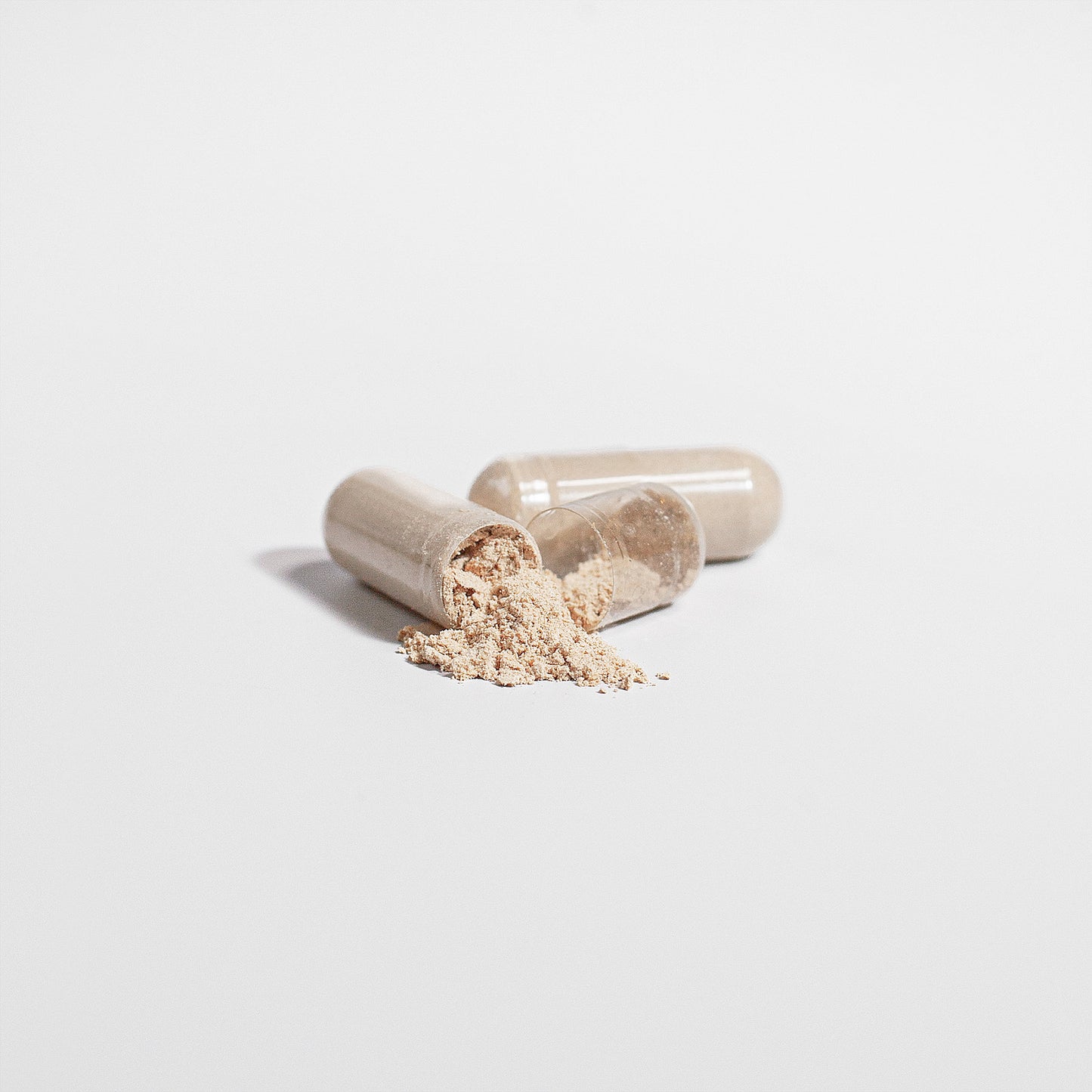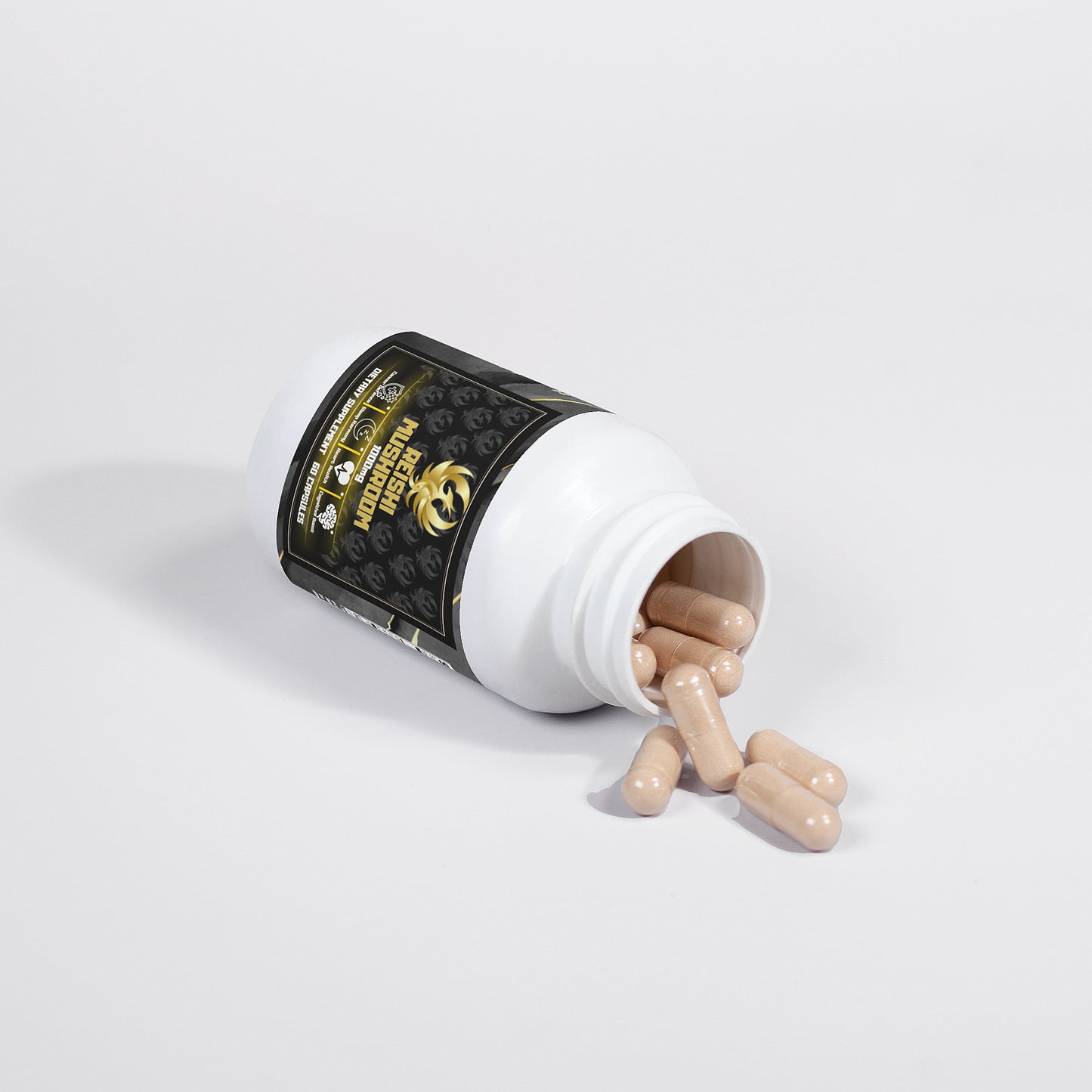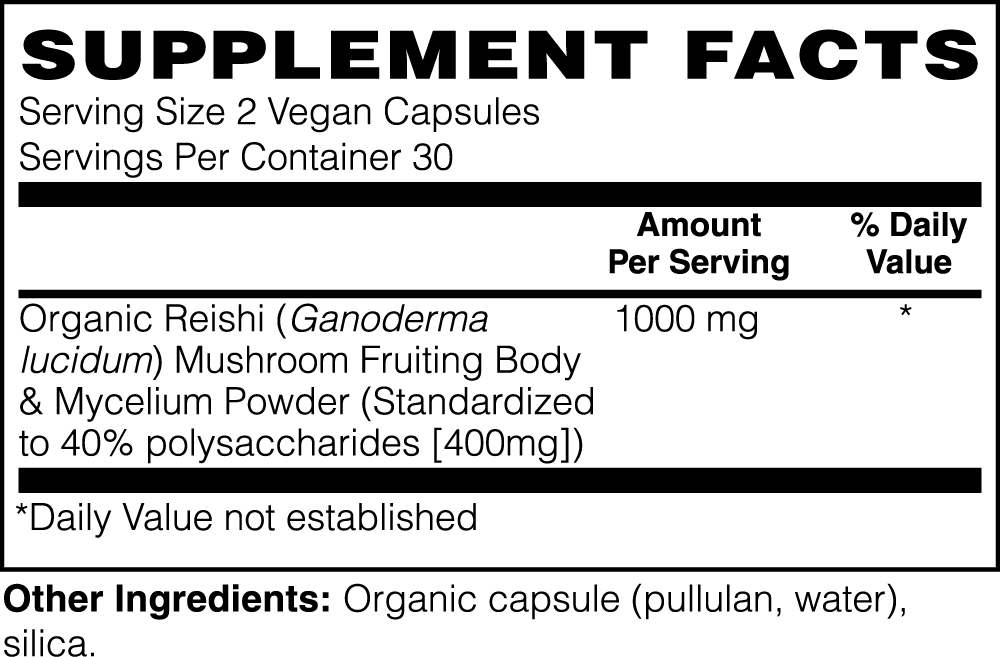










Fully Backed Ingredients

Evidence from in vitro and in vivo studies has demonstrated that reishi possesses potential anticancer activity through immunomodulatory, anti-proliferative, pro-apoptotic, anti-metastatic, and anti-angiogenic effects.
Study results showed that reishi promotes sleep through mice's gut microbiota-dependent and serotonin-associated pathways.
Some studies found that G. lucidum prevented from heart damage in a variety of disease models, such as streptozotocin (STZ)-induced diabetic, high-fat-diet-induced diabetic, isoprenaline (ISO)-induced myocardial hypertrophy, acute ethanol-induced heart toxicity, and transverse aortic constriction (TAC) models.
A study provides an extensive overview of the nutraceutical value of Ganoderma lucidum and the development of commercial functional food.
Frequently Asked Questions
FAQ question
Answer richtext
What is Reishi, and what are its benefits?
Reishi is a medicinal mushroom known for its adaptogenic properties, supporting stress reduction and immune system health. It has been traditionally used to promote overall well-being and vitality.
I heard that Reishi is good to take alongside Lion's Mane. Why is this?
The combination of Lion's Mane and Reishi is strategically designed to provide a comprehensive approach to mental well-being. Lion's Mane is renowned for enhancing cognitive functions such as focus and memory. Paired with Reishi, a potent adaptogen, the blend aims to create a balanced mental state by addressing stress. A mind free from excessive stress can function more efficiently, allowing Lion's Mane to optimize its cognitive benefits. Together, they contribute to a holistic and supportive regimen for mental health.
Is Reishi safe for long-term use, and are there any potential side effects?
Reishi is generally considered safe for long-term use when taken as directed. Side effects are rare, but individuals may react differently. If you have specific health concerns or are taking medications, it's advisable to consult with a healthcare professional before incorporating Reishi into your routine.
Can Reishi help with sleep, or is it strictly for stress management?
While Reishi is renowned for its stress-reducing properties, some users report improvements in sleep quality as well. Its adaptogenic nature may contribute to a sense of calm, making it a potential ally for those seeking support in managing stress-related sleep disruptions. Individual responses may vary, so it's advisable to observe how your body reacts over time.
Is there a recommended time of day to take Reishi for optimal effectiveness?
Reishi can generally be taken at any time of day, but individual preferences may vary. Some users find it beneficial in the evening to support relaxation, while others prefer morning consumption. It's recommended to experiment and choose a time that aligns with your routine and goals.



















































